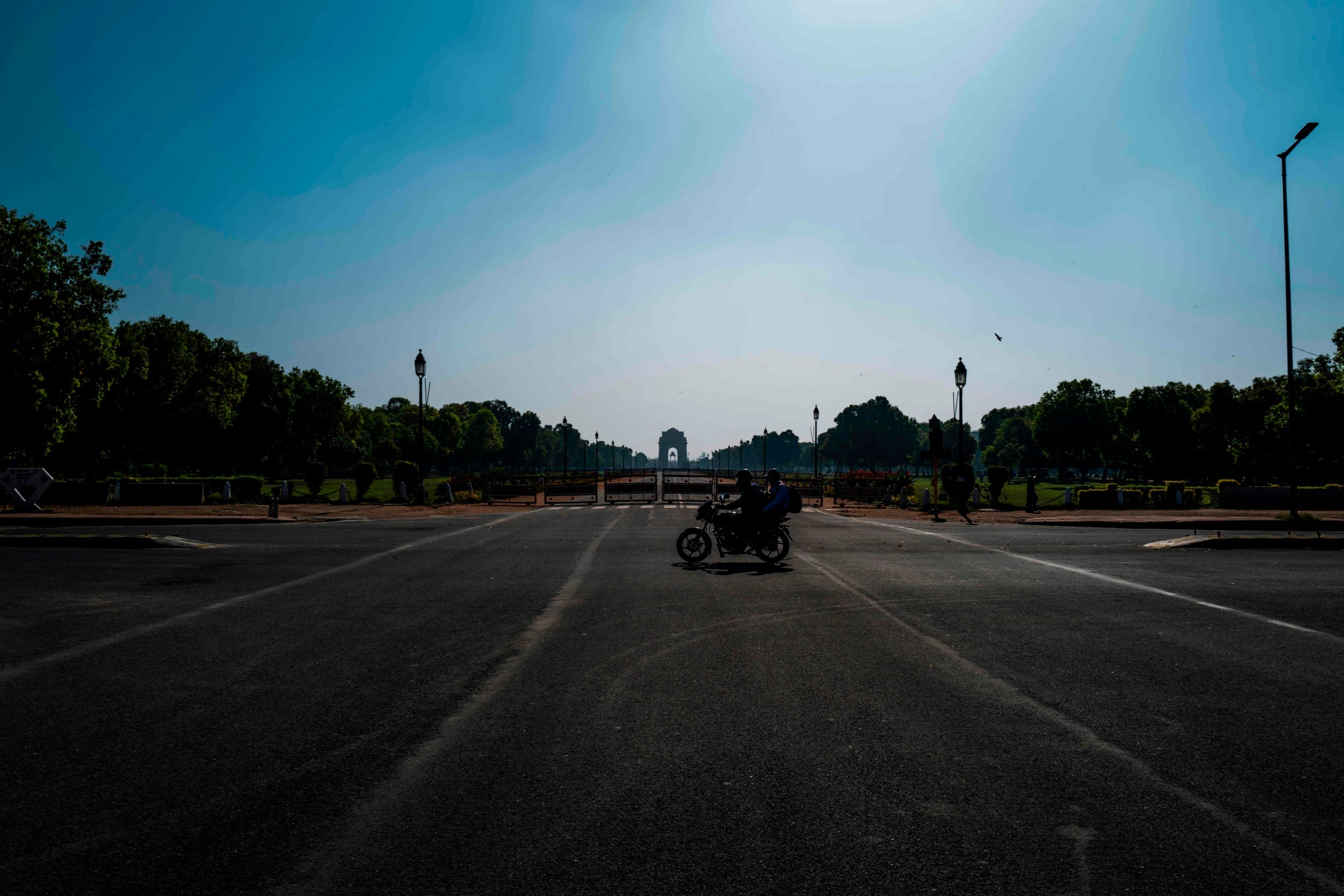Coronavirus: India’s carbon emissions fall for first time in four decades giving ‘window’ into life after coal
Analysts say Indian government has unique opportunity to restructure crumbling power sector around renewable energy

Your support helps us to tell the story
From reproductive rights to climate change to Big Tech, The Independent is on the ground when the story is developing. Whether it's investigating the financials of Elon Musk's pro-Trump PAC or producing our latest documentary, 'The A Word', which shines a light on the American women fighting for reproductive rights, we know how important it is to parse out the facts from the messaging.
At such a critical moment in US history, we need reporters on the ground. Your donation allows us to keep sending journalists to speak to both sides of the story.
The Independent is trusted by Americans across the entire political spectrum. And unlike many other quality news outlets, we choose not to lock Americans out of our reporting and analysis with paywalls. We believe quality journalism should be available to everyone, paid for by those who can afford it.
Your support makes all the difference.India’s carbon emissions have fallen for the first time in four decades, according to a new analysis, and only in part because of the nationwide lockdown to stem the spread of the coronavirus.
Analysts said that data for the financial year up to the end of March showed a small dip in annual CO2 emissions – the first time this has happened since 1982, when India was recovering from a recession.
Indians, particularly those living in major cities, have marvelled at the blue skies and exceptional AQI (air quality index) ratings since the country started shutting down industries, construction projects and transport from mid-March, culminating in a nationwide lockdown.
Public data shows that carbon emissions fell by 15 per cent year-on-year for the month of March, and projections for April suggest a dip of as much as 30 per cent, according to an article published in Carbon Brief by a team at the Centre for Research on Energy and Clean Air (CREA).
They found that while the Covid-19 lockdown certainly tipped India’s emissions into negative territory, just as important were the country’s sluggish economic growth and the rising strength of its renewables sector, meaning demand for coal power has been declining since well before the pandemic struck.
Indian government policies in favour of cleaner energy have also played a part. A priority system, whereby distributors are required to take renewable energy ahead of coal and other polluting sources, means coal-based power plants have taken the brunt of the dip in demand.
CREA analyst Sunil Dahiya, one of the authors of the research, told The Independent that the exceptional circumstances of the lockdown had provided “a window” into what life could be like without high dependence on coal.
Renewable energy – mostly solar and wind – is now cheaper per watt in India than coal, but the country is already locked into contracts to source power from coal power plants that were signed a decade ago.
“We have been given this time where we can think – does it make sense to build these new coal-based power plants, to spend more public money on them, when renewable energy generation as well as storage has become much cheaper than coal-based power?” Mr Dahiya said.
Oil and gas consumption have also fallen dramatically in March and April this year, and crude steel production in March fell by 22.7 per cent compared with February.
Experts around the world have been concerned that countries will revert to using polluting power sources and easing environmental protections in their rush to reinvigorate their economies once the pandemic is over.
There were protests in Greece last week as the government passed a law freeing up EU-protected nature sites for construction and fossil-fuel exploration, and the Trump administration has relaxed reporting rules for US polluters during the pandemic, alongside rollbacks of a host of environmental regulations.
However, Mr Dahiya and CREA’s lead analyst, Lauri Myllyvirta, write in the article that there are reasons to believe India may take a different route when it comes to scaling production up again once the lockdown – currently due to run at least until 17 May – is lifted.
They note that India’s crumbling electricity infrastructure was already struggling before the pandemic, and that “the coronavirus crisis has brought the long-brewing financial woes of the country’s power sector to a head”.
State bailouts will be needed to keep the system going and the lights on – and that presents an opportunity for policy-makers. “The bailout could be conditioned on reforms and restructuring, facilitating the achievement of national clean-energy goals,” they write.
Mr Dahiya said the fact is that the virus lockdown has given people a taste of what their environment could be like, if only polluting industries were kept in check. He compared it to the Beijing Olympics in 2008, when China shut down factories to bring down air pollution while the spotlight of the world was on the city. It galvanised a movement demanding clean air all year round, and kickstarted the changes that mean Chinese cities have not dropped down the rankings of the most polluted in the world.
“In the last few years, the ‘right to clean air’ movement [in India] has gathered momentum, but there was no political will,” he said. “There was a large section of society who were indifferent to air pollution. I think those people will see these clear skies and smell the air free from pollution, and they will from now on stand up for their right to clean air.”
Join our commenting forum
Join thought-provoking conversations, follow other Independent readers and see their replies
Comments